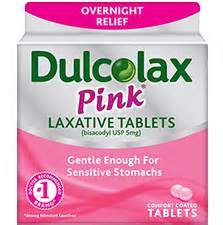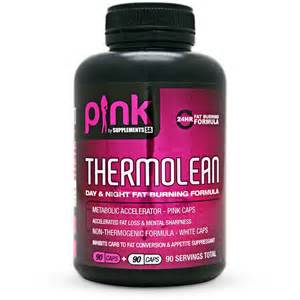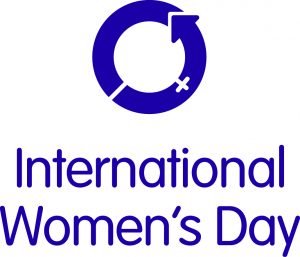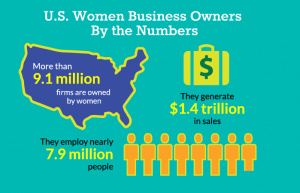Almost every woman I know carries a pocketbook or purse. It could be a designer bag, a clutch, a leather tote or cloth sac. It could be filled with a wallet of credit cards, a wad of cash or an envelope of “mad money.” What’s more important than the style of the bag or its contents is its impact.
As a follow up to the International Women’s Marches held January 21st, this Wednesday, March 8th, is officially “International Women’s Day.” It has also been designated as “A Day Without a Woman.” Women around the globe are being called on to take a one day strike and 1. do not work, 2. do not shop unless buying from a woman owned business, 3. wear red in solidarity.
In other words: Make your presence missed and your absence noticed. The hash tag is #BeBoldForChange. Here are links for more info: www.InternationalWomensDay.com and www.WomensMarch.com
Hopefully the day will make an impact but I don’t really know. I am in Chattanooga, Tennessee, and not one woman I told about the March 8th effort had heard about it. I bet if there was a “Day without Social Media” or a “Day Without Internet” everyone would know and many would be preparing, or driven to despair.
Still, have you ever thought about the economic impact a Day Without a Woman could make if it happens successfully? Women have more power than you realize, and now is the time to exercise it more effectively.
- Women represent 57% of the U.S. labor force
- Women drive 70-80% of all consumer purchasing power
- 75% of women make the shopping decisions in their household (“Buying Power,” Catalyst – 2013)
- The purchasing power of women ranges from $5 trillion to $15 trillion annually and will reach $18 trillion by 2018 (Nielsen and EY.com)
- More than 9.4 million firms are owned by women, employing nearly 7.9 million people, and generating $1.5 trillion in sales as of 2015 according to the National Association of Women Business Owners (NAWBO)
- Women-owned firms (51% or more) account for 31% of all privately held firms and contribute 14% of employment and 12% of revenues.(NAWBO)
- 65% of all caregivers are women (caregiver.org)
- More than 200,000 were enlisted in the U.S. military in 2015, a 376% increase since women were first allowed to serve in the All Volunteer Force (Nielsen)
Giving women more business opportunities to lead and earn better incomes only increases their purchasing power. It’s also important to improve communication about, with and to women (and to men to teach them to respect women more). More than half of all women say marketers don’t understand them. (The State of the American Mom.”Marketing to Moms Coalition” – 2009).
It’s time to raise our standards and stop the stereotypes. For example, marketers and manufacturers need to rethink pink products unless they are sincerely and effectively helping to raise money for breast cancer charities.
Why do every day pinked up products like these have to target women anyway?


Body shaming and making women focus on their flaws to buy “self-improvement” products needs to be curtailed. I’ll add to that creating mediocre wines designed for “a woman’s palate” with silly names. Most women I know who appreciate wine enjoy and buy better wines, many of which are made by outstanding women winemakers.

Women make most of the wine purchasing decisions in the USA. It’s time to talk sense about wine to women and not make silly nonsense brands.
Television shows need to do a better job as well. Ditch the Bitch, the Bimbo, the Slut, the Creepy Stalker, the Catty Housewives, Teen Moms and Cry Baby Bachelorettes who are doing nothing positive for women. News media and entertainment shows should not fixate on a woman’s (or man’s) hair, weight and age. And, finally, women in positions of power need to treat women with the same level of respect and consideration they expect.
Maybe if women stop buying, corporations and politicians will start listening. Sometimes the biggest statements can be made not only with a loud protest but also with a universal silent treatment.













